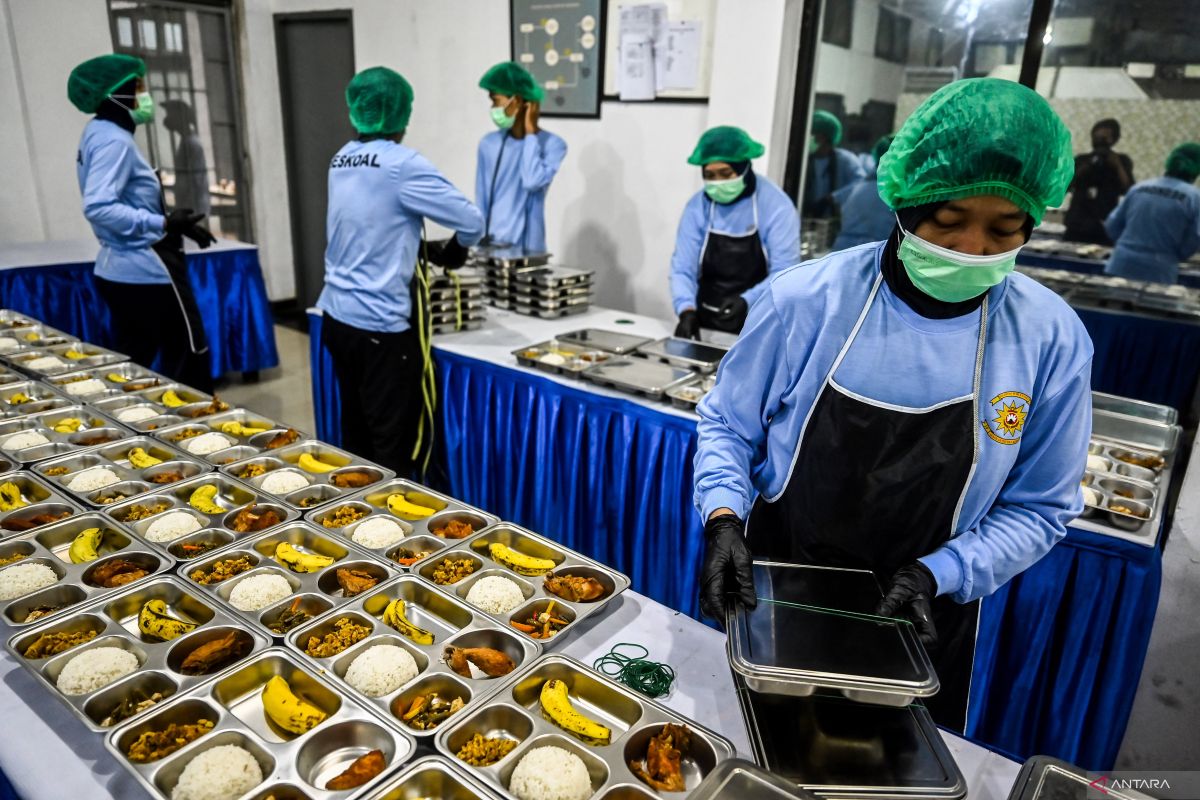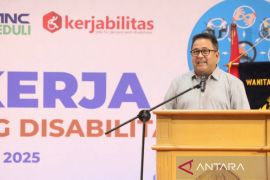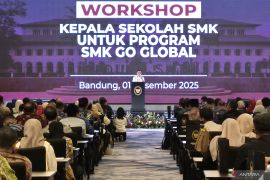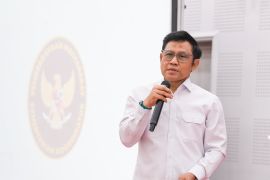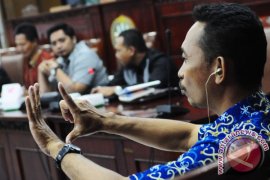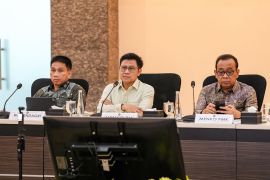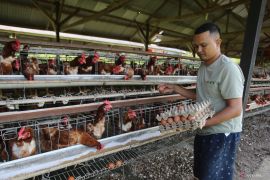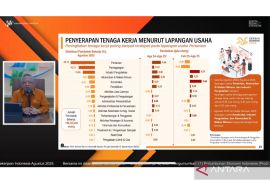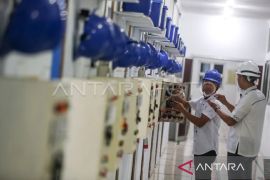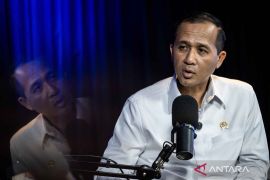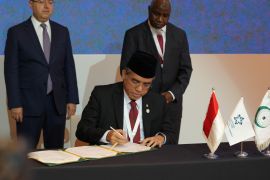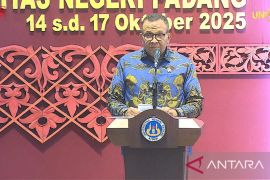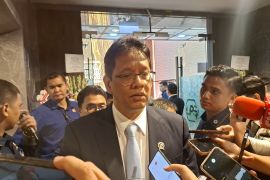Current strategic initiatives include the Free Nutritious Meals (MBG) program, the establishment of village cooperatives, and the downstreaming of natural resources and industry.
Yassierli noted that in addition to expanding employment opportunities, these programs are also aimed at increasing worker productivity, as the productivity level of the Indonesian workforce remains relatively low.
He said the Manpower Ministry is preparing more qualified human resources through job training and vocational education programs.
According to Yassierli, the ministry operates around 41 job training centers, and regional governments run hundreds more across the country.
He called for greater collaboration among various stakeholders to improve the employment climate in Indonesia.
"Job creation is achieved through collaboration among ministries," he emphasized.
On June 25, Coordinating Minister for Food Zulkifli Hasan said the plan to establish 80,000 village cooperatives is intended to drive the rural economy, with the potential to create up to 2 million jobs across various sectors.
He added that these cooperatives will engage in a wide range of economic activities, including food distribution, health services, household energy supply, and the provision of staple goods — all to be managed independently and sustainably by local communities.
Related news: Synergy key to advancing Indonesia's employment, development: minister
Related news: Inclusivity remains basis of national manpower policies: Minister
Translator: Ahmad Muzdaffar, Raka Adji
Editor: Anton Santoso
Copyright © ANTARA 2025
